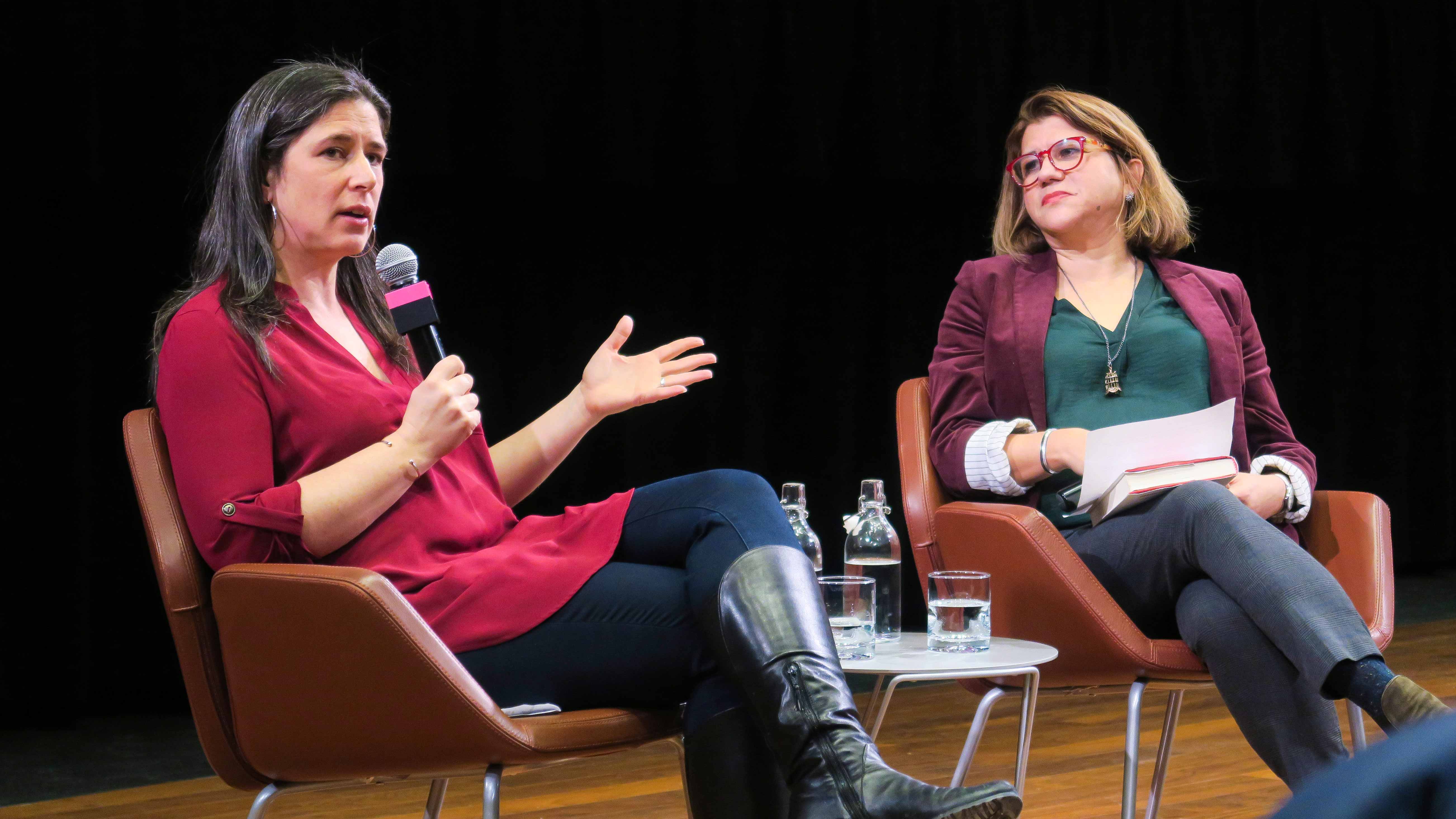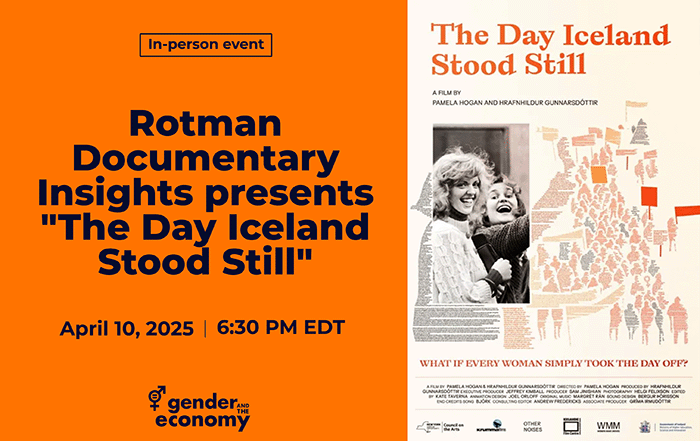Most know the story of Rosa Parks. The African American woman from Montgomery, Alabama who refused to give up her seat on a segregated bus in 1955; sparking the Montgomery Bus Boycott. There’s one important aspect of Parks’ story, however, that is largely ignored: the history of her anger and how it fueled her activism well before 1955.
Rebecca Traister, author of Good and Mad: The Revolutionary Power of Women’s Anger, argued during her recent book talk at Rotman that the anger Parks felt over racial segregation and sexual violence against black women is often omitted from her story because the expression of women’s anger (particularly women of colour) has been, and still is, systematically discouraged. However, there are countless instances throughout history of women’s anger fueling political and social change. Therefore, we should use “anger” as a clarifying lens through which to not only rethink women’s history but to also inform our understanding of current events and social movements.
We should use “anger” as a clarifying lens through which to not only rethink women’s history but to also inform our understanding of current events and social movements.
According to Traister, by looking “straight at anger” and examining the ways in which it intersects with social, political, and economic power, everything looks different. In fact, it’s this very idea of anger “as a clarifying thread to draw throughout history and the present” that should give us hope despite our current circumstances. When asked by moderator Liz Renzetti, Columnist and Feature Writer for The Globe and Mail, “Do you feel hopeful at all?” Traister replied, “Yes.” She explained:
“Part of the pleasure of looking at how anger has led to so much change in the past, is being able to make an argument–in this book, but also just even in my own head–that the anger that so many people are feeling right now can be catalytic. [That it] can lead to change that desperately needs to happen…The only hope for us is that [the] fury and the intolerance for the conditions that got us here, will propel us to change ourselves.”







